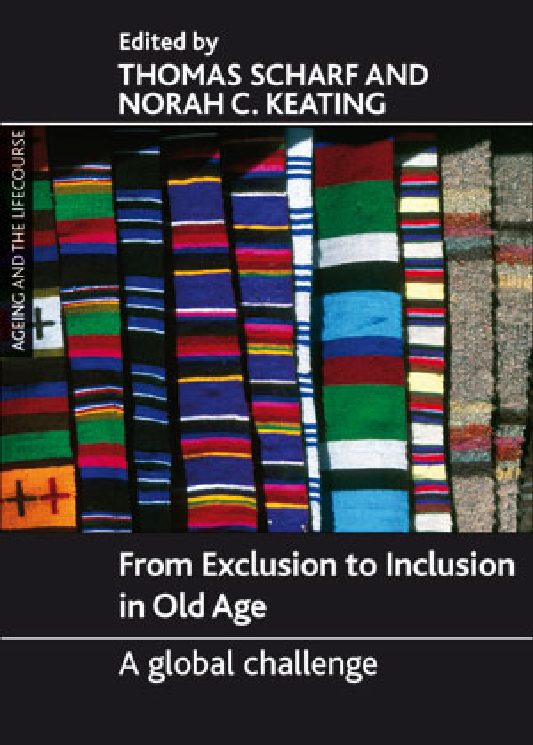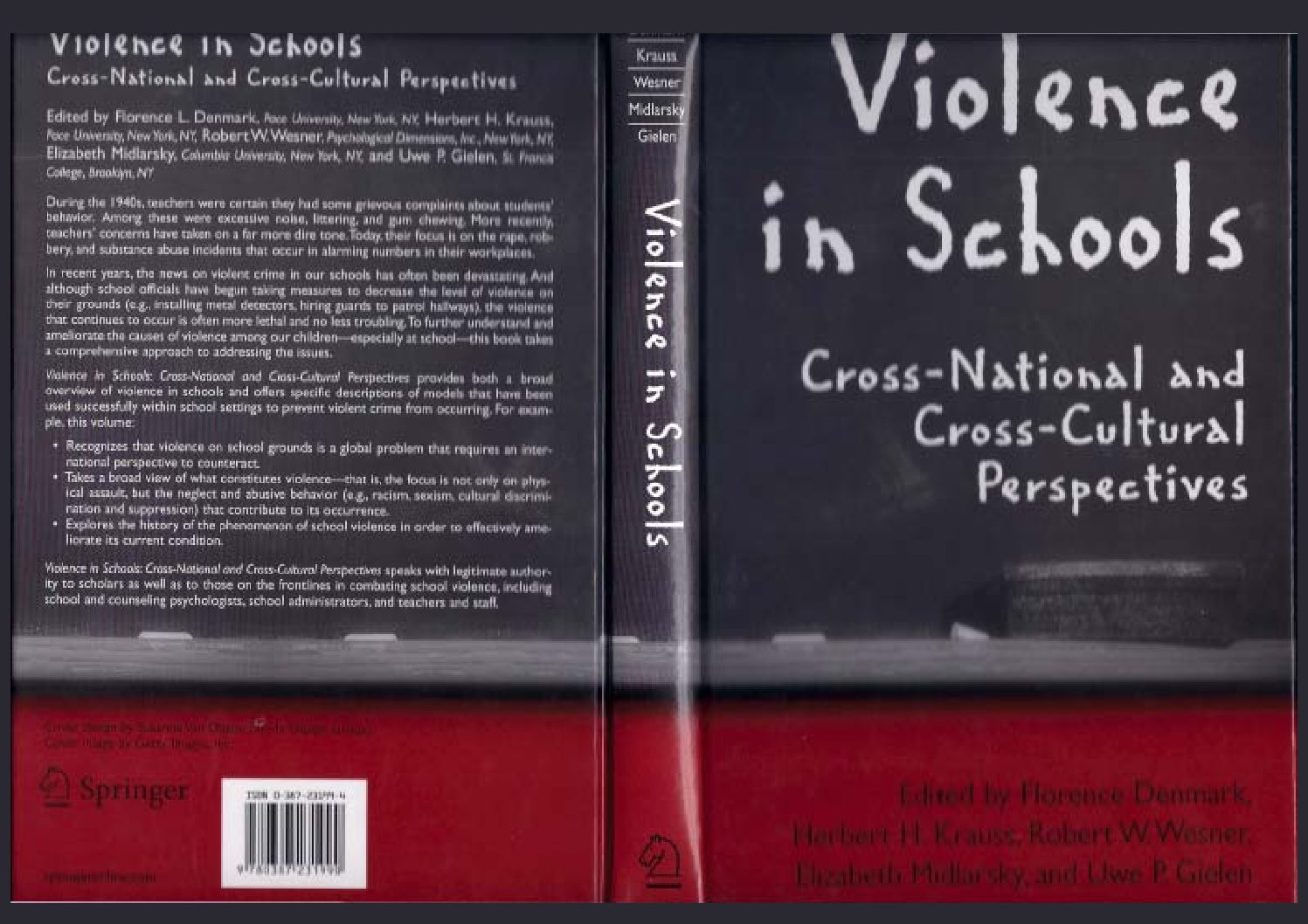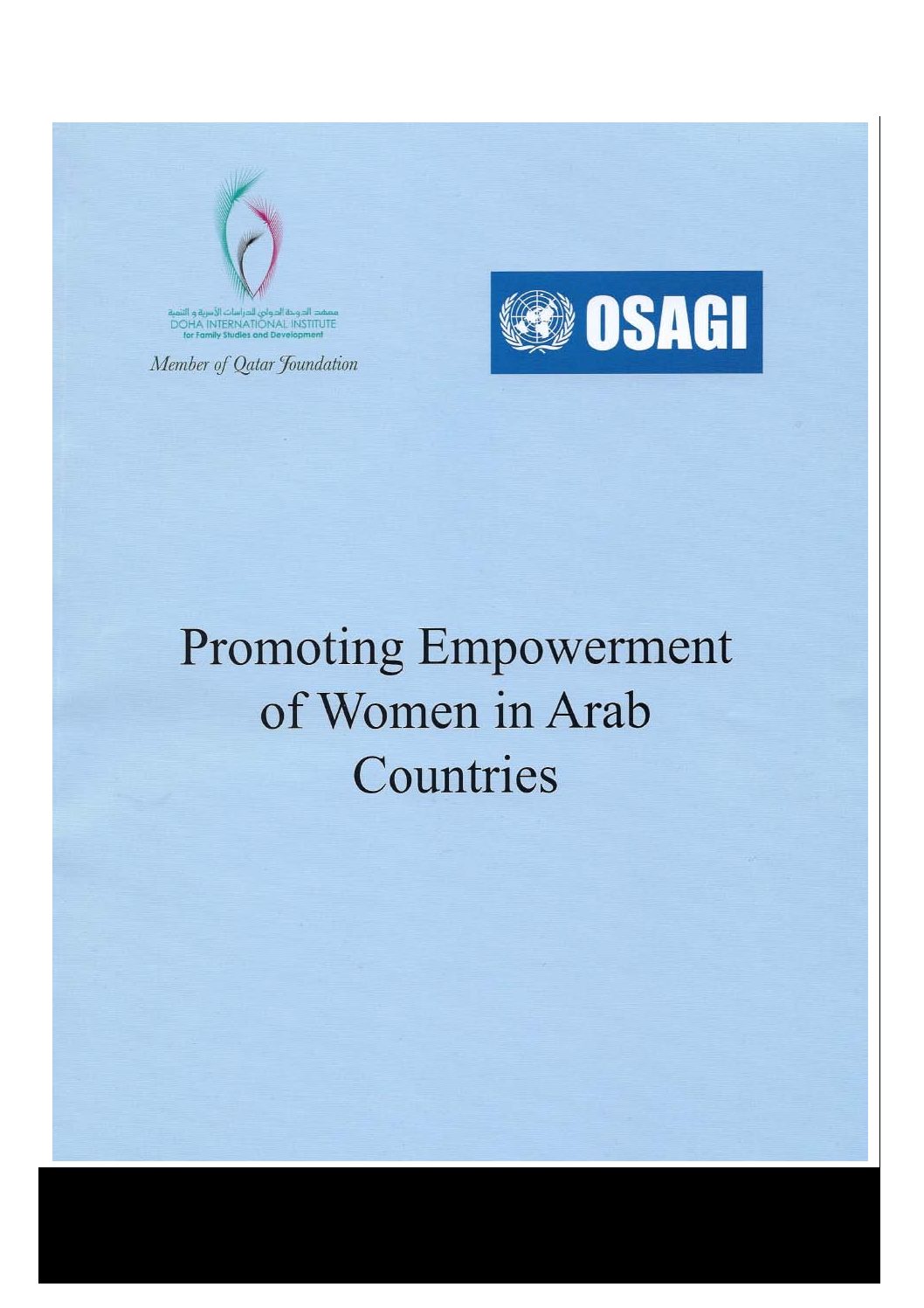Demographische Alterung und individuelles Altern – Version digitale (350 Seiten)
€20.00In diesem wissenschaftlichen Synthesebericht werden wichtige Ergebnisse und Folgerungen aus dem Nationalen Forschungsprogramm Alter/ Vieillesse/ Anziani (NFP 32) vorgestellt und diskutiert. Auf der Grundlage der durchgeführten empirischen Forschungsarbeiten wird die wirtschaftliche Lage, das psychische und das gesundheitliche Befinden sowie die soziale Stellung älterer und betagter Menschen von heute thematisiert. Dabei werden auch zentrale Einflussfaktoren für ein erfolgreiches Altern deutlich. Themenschwerpunkte: Demographische Entwicklung und Stellung älterer Menschen, Bilder zum Alter und Generationenbeziehungen, wirtschaftliche Lage älterer Menschen, Pensionierung und Übergang in die nachberufliche Phase, Sozialbeziehungen und Wohnformen im Alter, Gesellschaftspolitische Aktivitäten älterer Menschen, Wohlbefinden und kognitive Leistungen bei älteren und betagten Menschen, Gesundheit und Behinderungen im höheren Lebensalter.
350 Seiten









